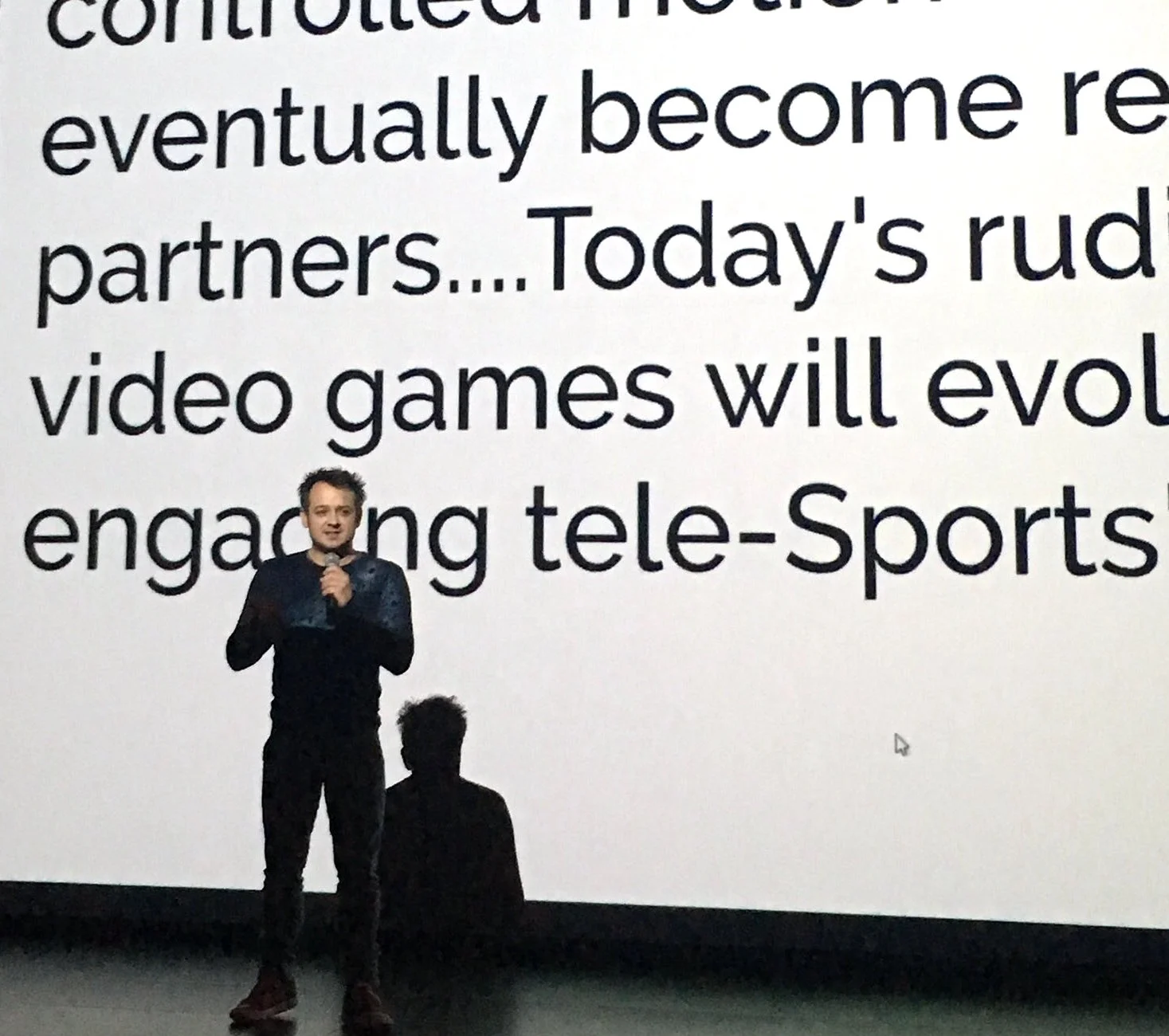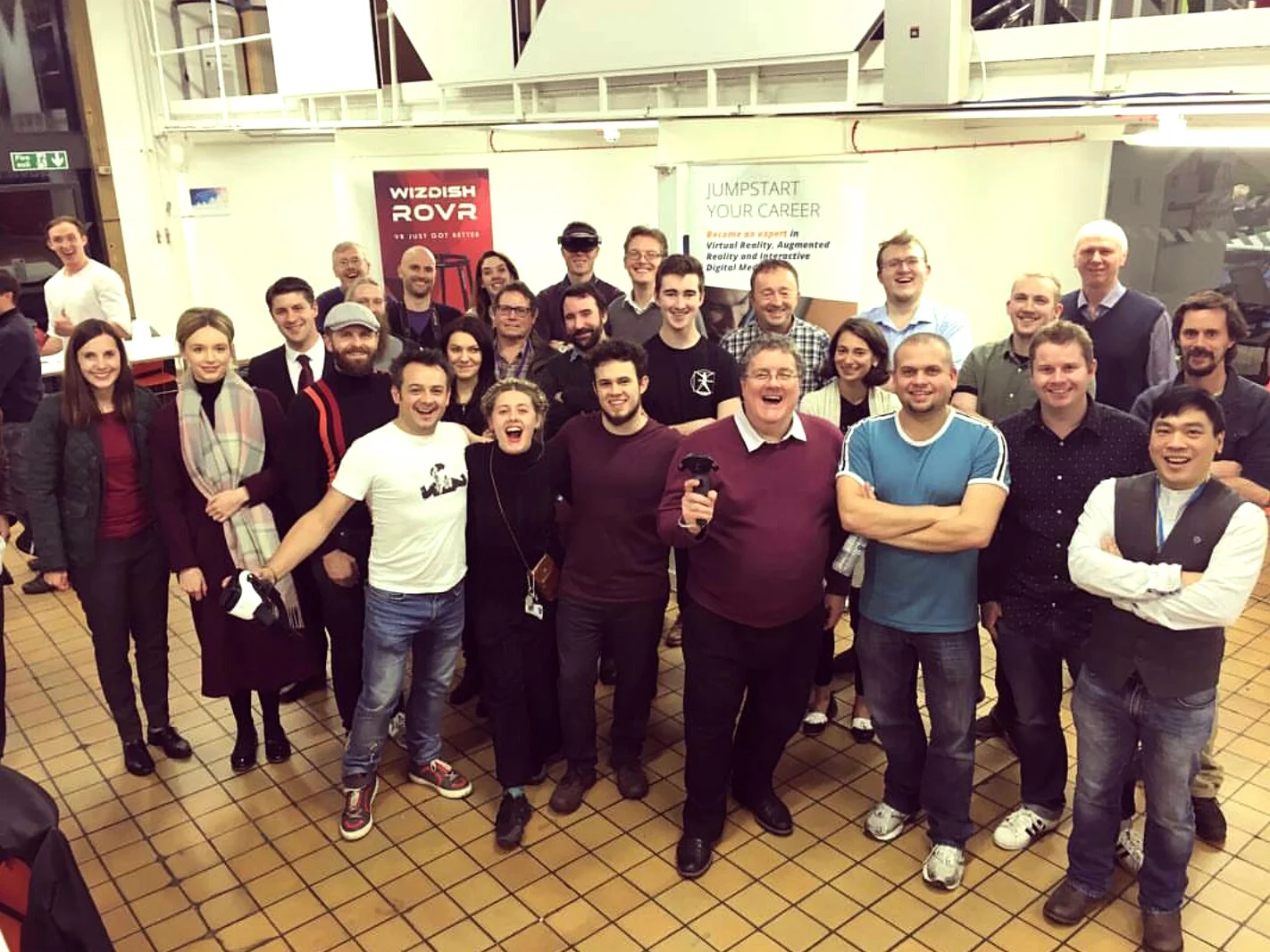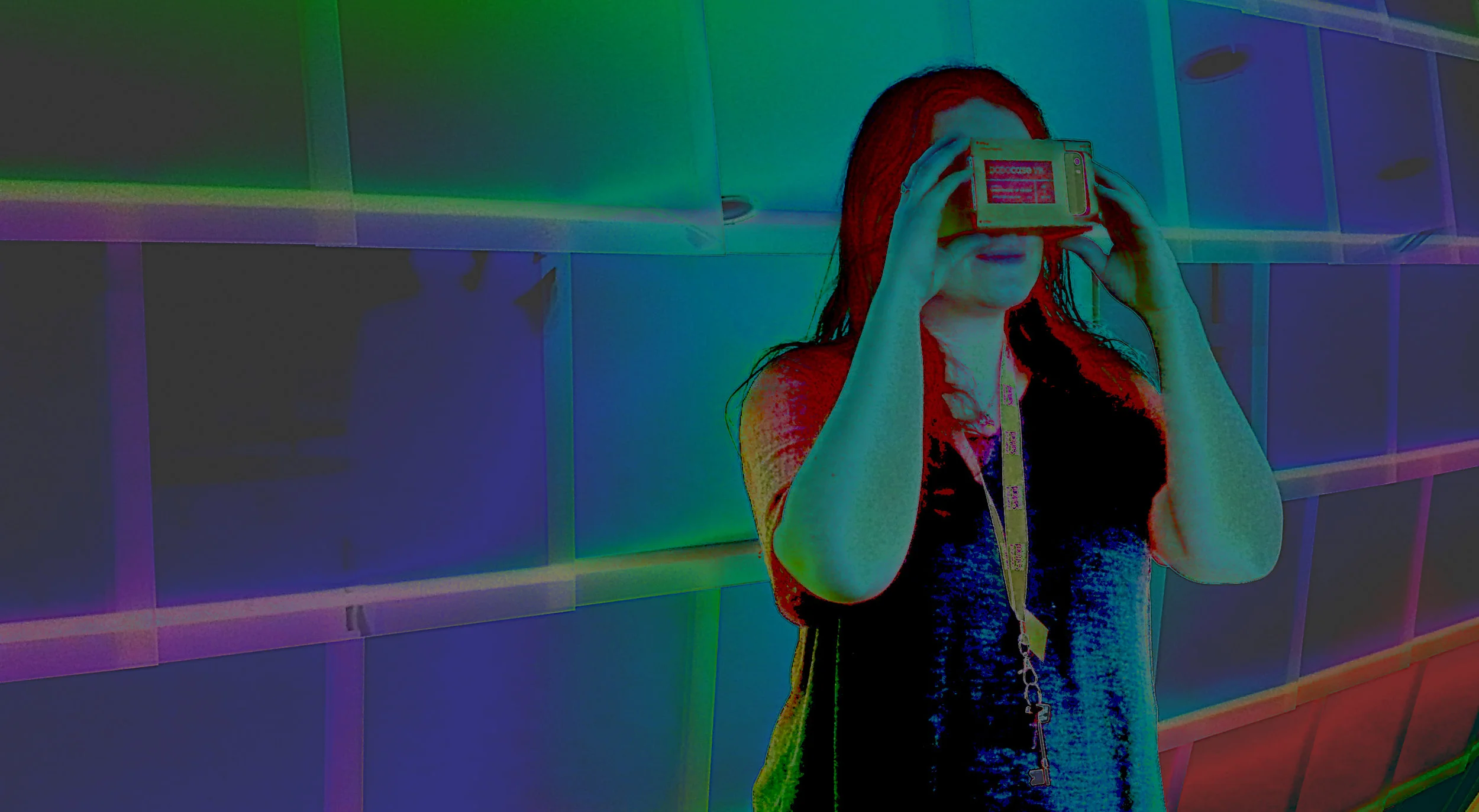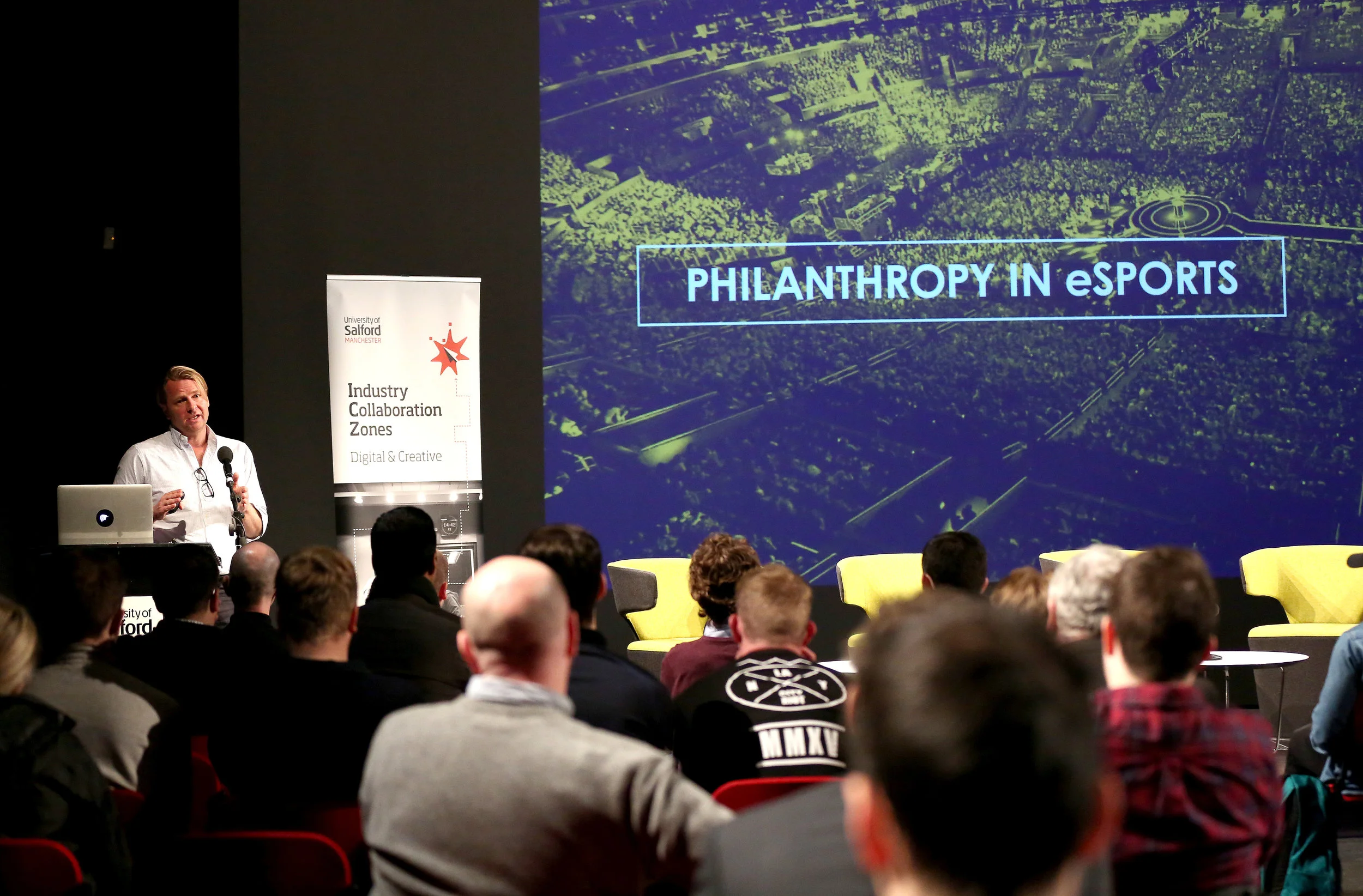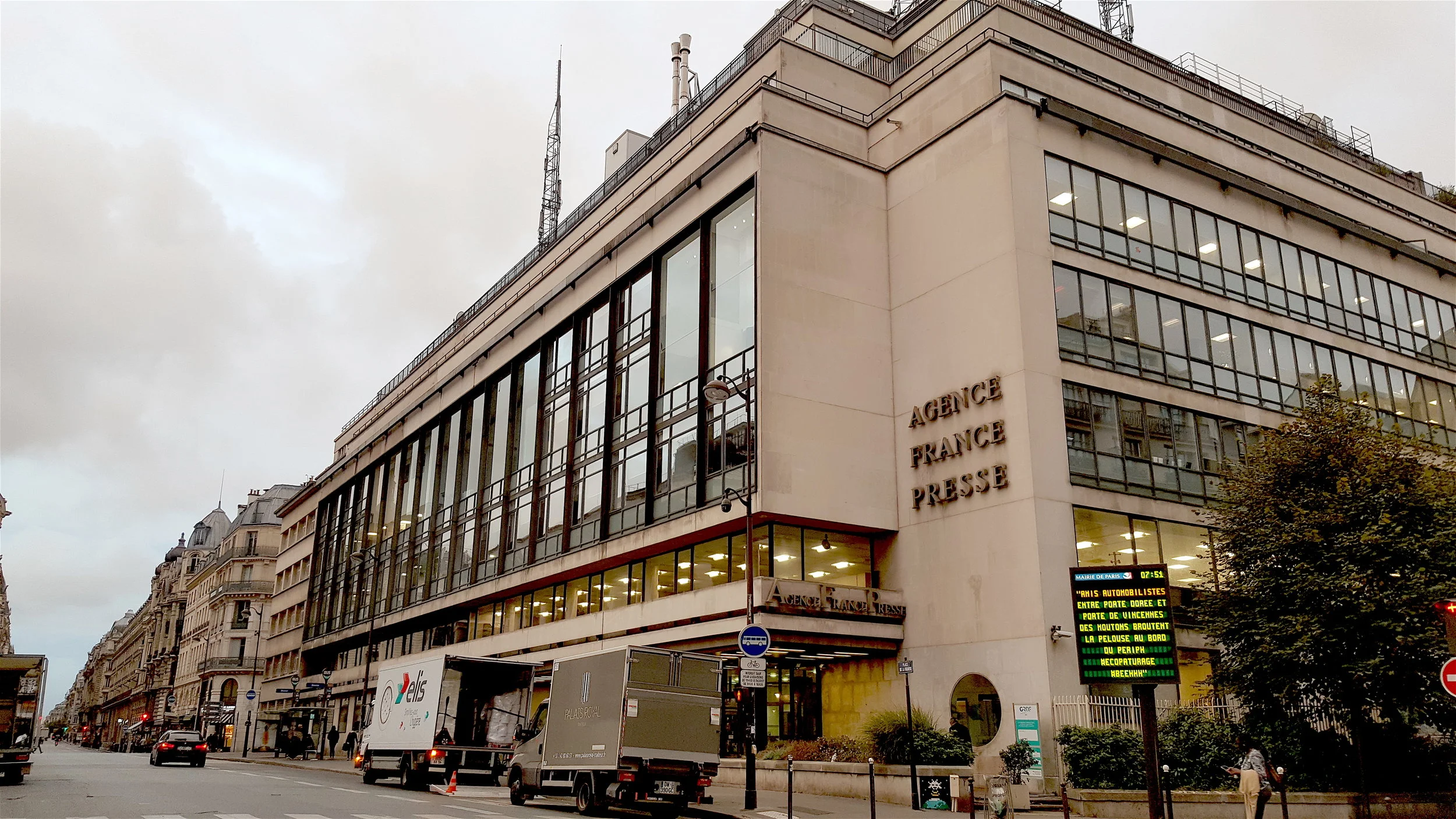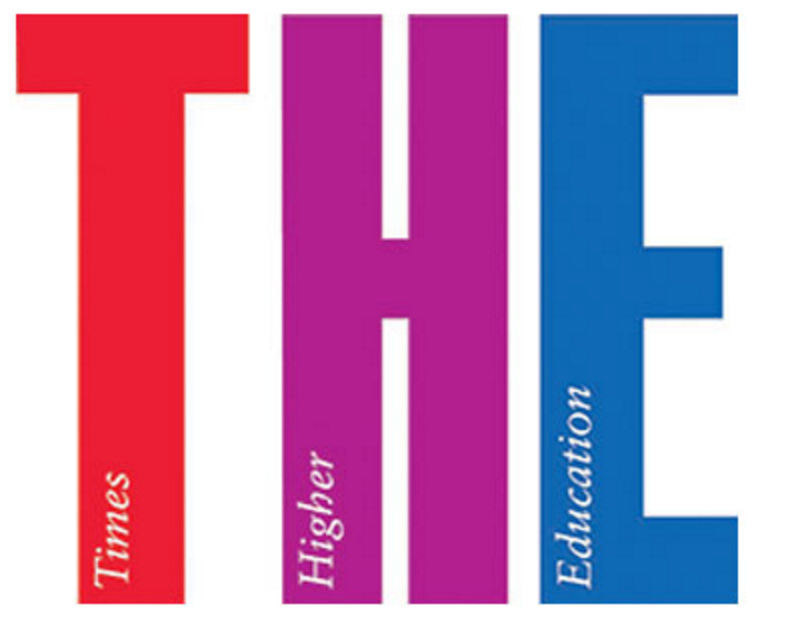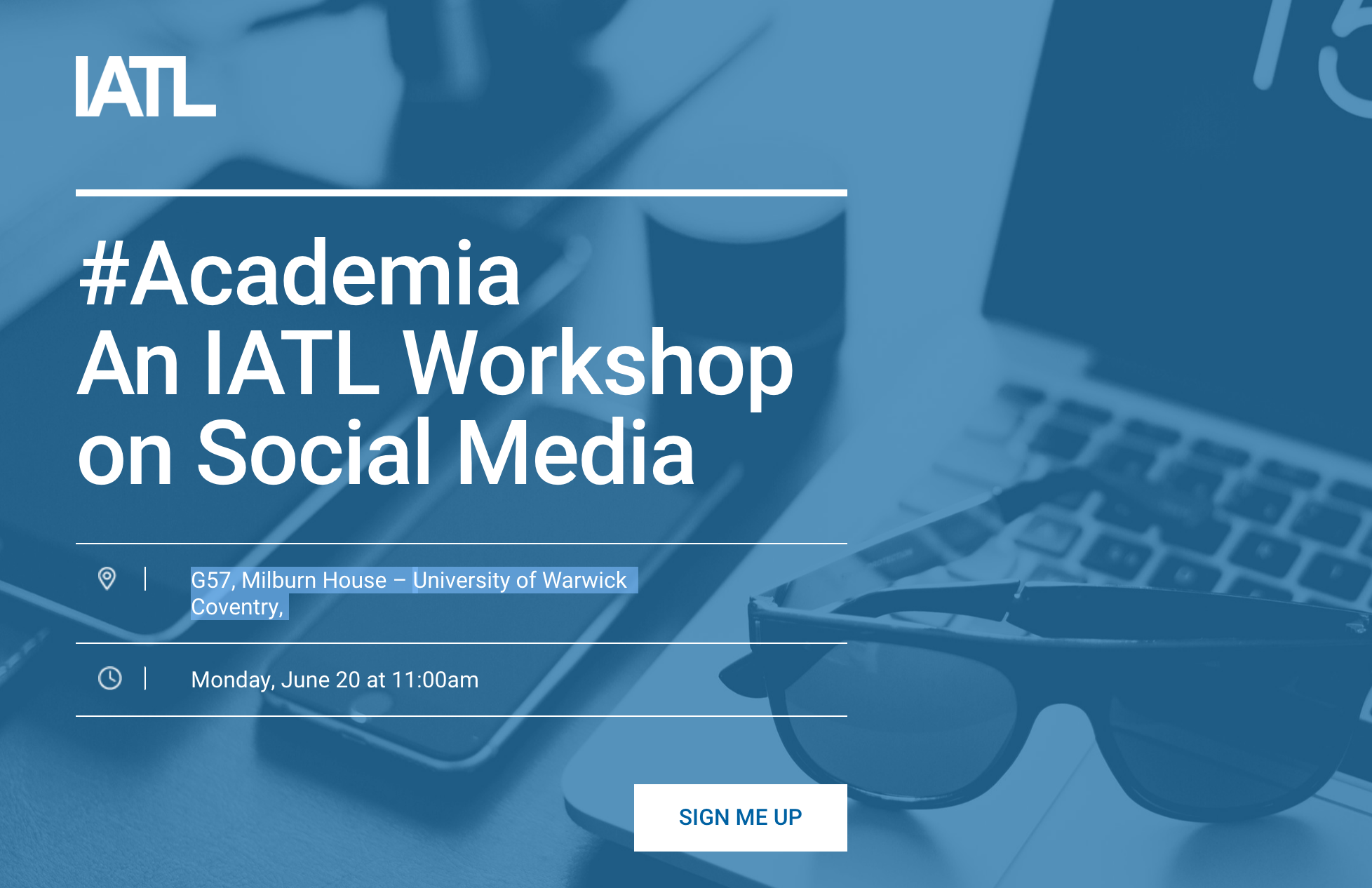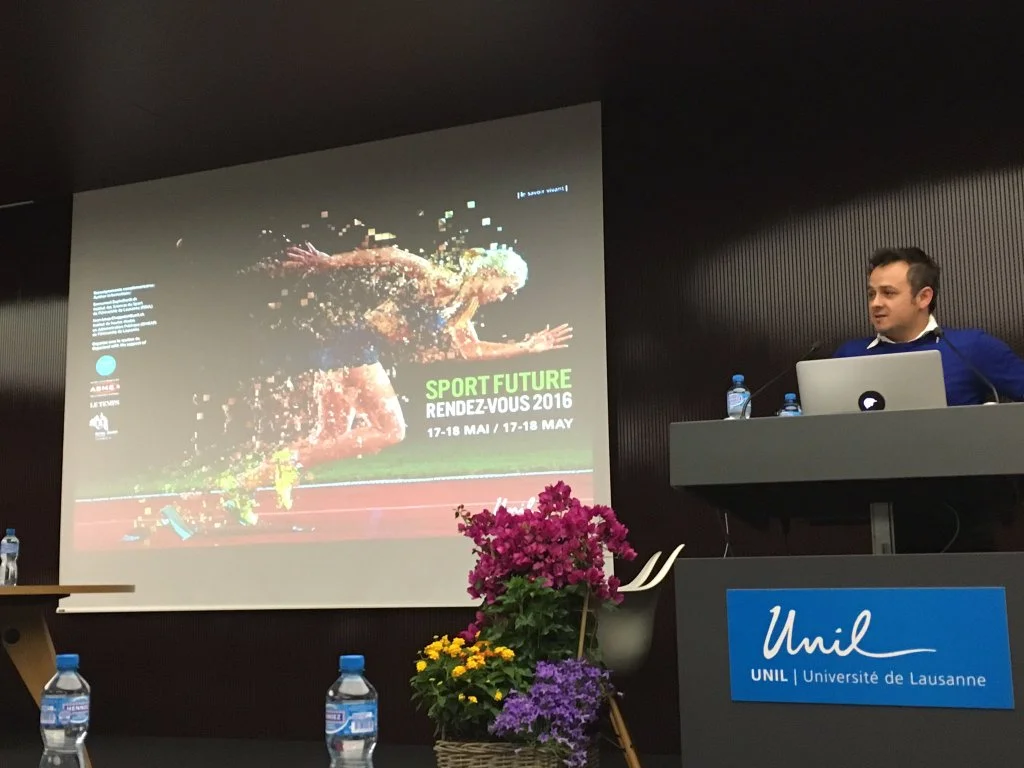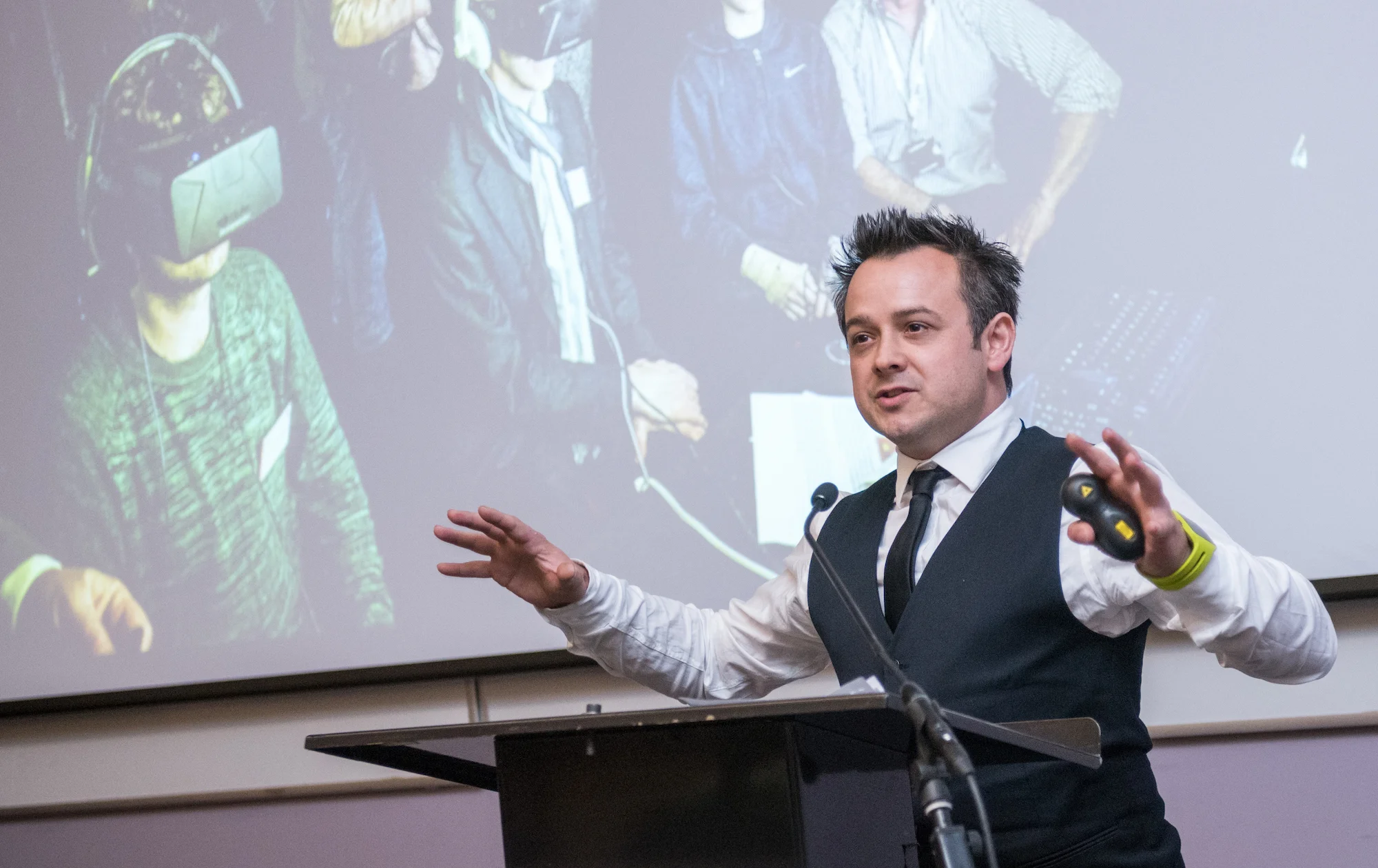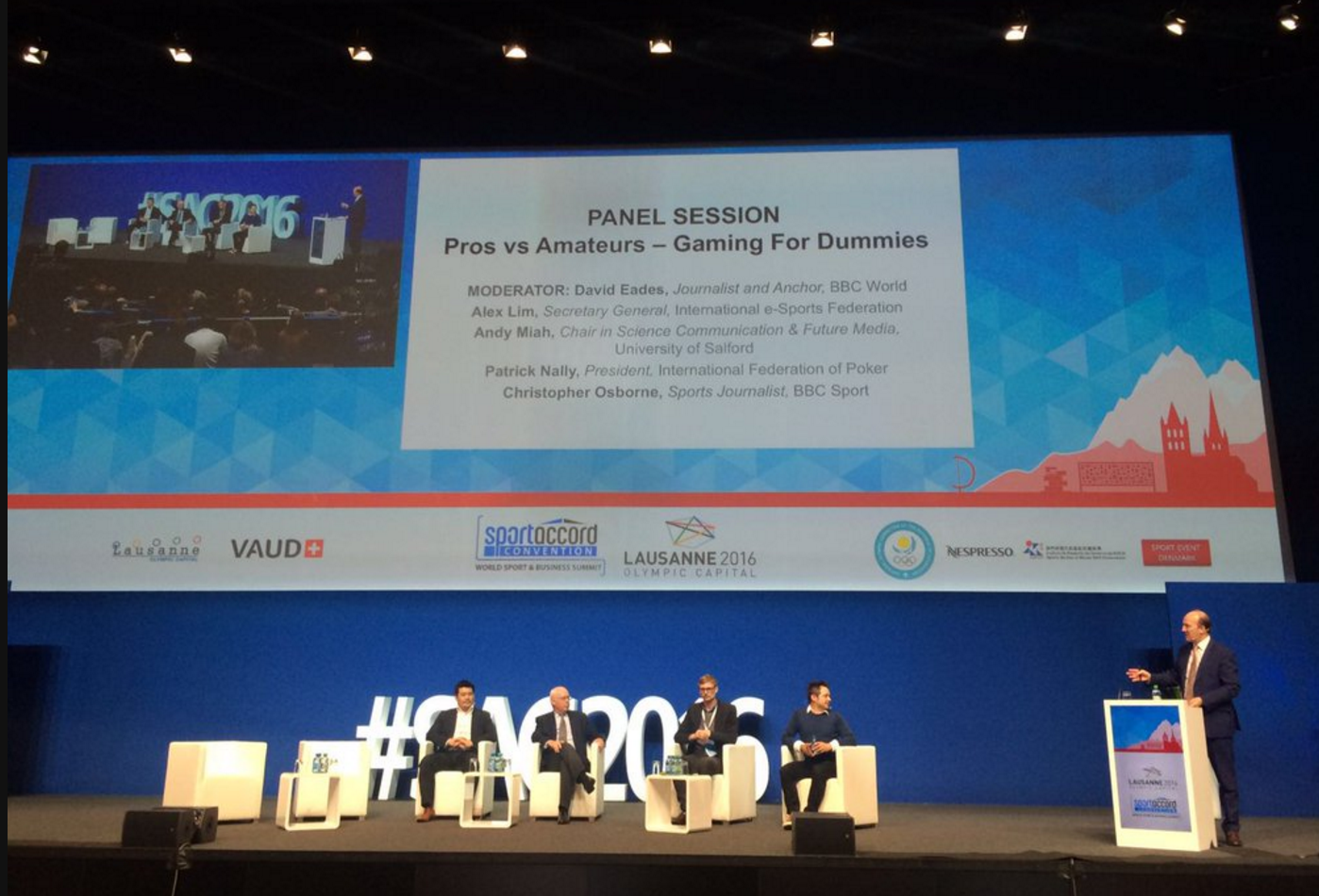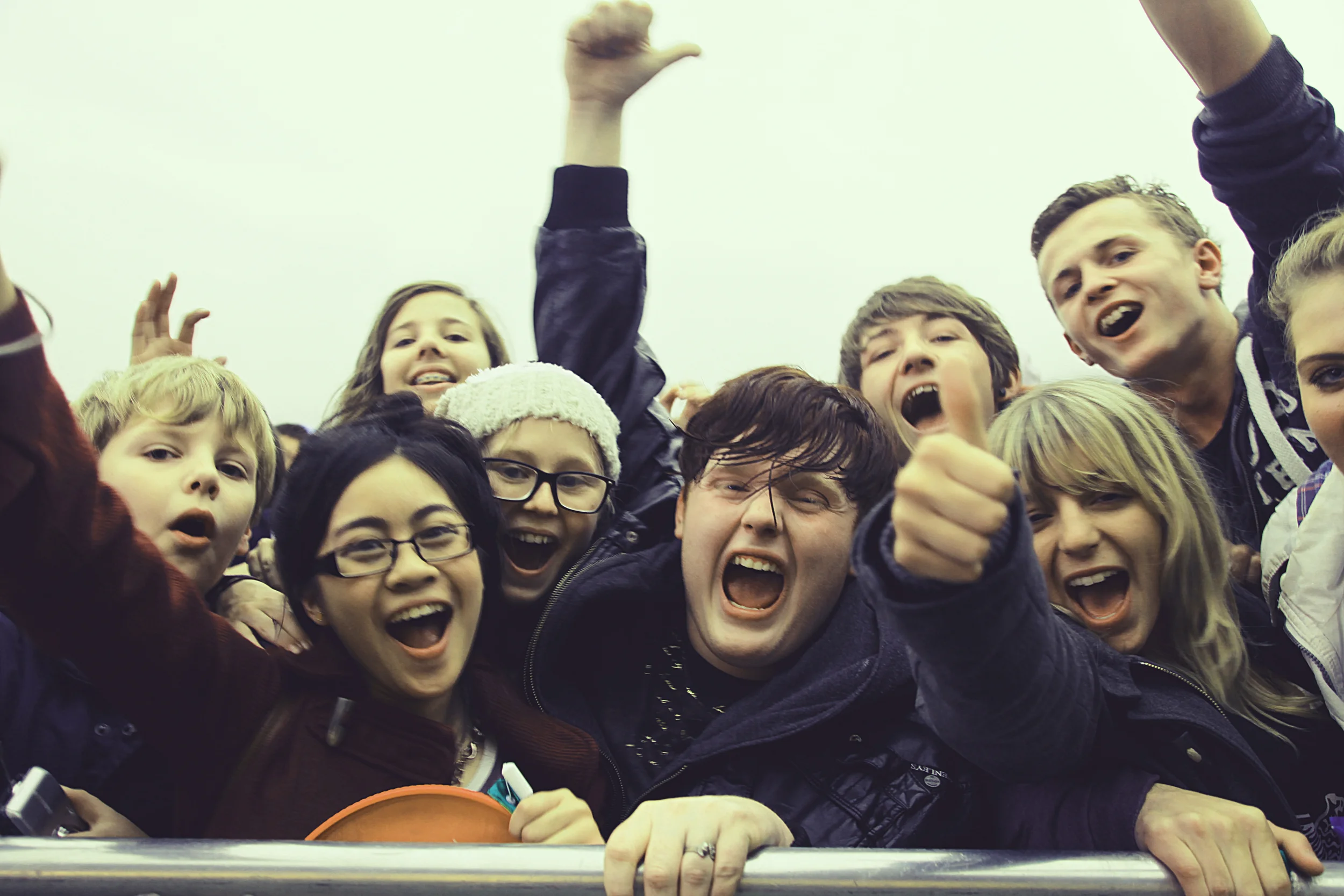This week, I took part in a panel discussion about the future of hospitals, following this brief:
The Government is committed to a vision for hospital services structured around the needs of patients, both now and in the future. Delegates will explore the need for changes to how we organise and deliver hospital care and treatment that is safe, effective and meets the needs of patients, 24 hours a day, seven days a week.
As the constraints on NHS spending continue, coupled with patient’s expectations of safer and higher-quality health care, the need to provide health services differently has never been more crucial.
Under intensifying pressure to change, hospitals are adapting their organisation and services to cope with cuts to financial resources. Simon Stevens, NHS England Chief Executive, has made facing financial challenges a priority. He has also emphasised how frontline staff will be vital to create change and generate innovation to deliver services differently.
A core part of the vision laid out by Simon Stevens in the NHS five year forward view involves hospitals becoming more closely integrated with other forms of care. If the health and social care system is to respond to the changing needs of the population, and also address the financial challenges it faces, all hospitals will need to play a fundamentally different role within local health economies.
Hospitals across the UK and around the world face significant challenges as a result of demographic change, rising demand and a staffing challenges. The changing needs of the population make it increasingly important that hospitals are able to provide high-quality care for people with multiple chronic conditions and complex needs, including but not limited to the growing numbers of frail older people. To respond effectively to these changing needs, health and social care services must be capable of providing ongoing support over time, anticipating and preventing deterioration and exacerbations of existing conditions, and supporting a person’s multiple needs in a well-co-ordinated way.
With all this in mind, hospitals will need to develop new ways of working that span traditional service and organisational boundaries – including working more closely with other hospitals (for example, through alliances and partnerships), and strengthening connections with community-based services such as primary care, social care, community services and mental health. This points towards hospitals playing a more outward-facing role in their local health system, in which they shift
from an organisational focus to a system leadership role, and play a more active part in preventing illness and promoting health in local communities.
What the future hospital will look like and what its central role will be will emerge out of the remnants of a system currently not fit for purpose. The Future of Hospitals Conference will address all the key issues and ask the main question, namely, what will the future hospital look like and how will it operate on a day to day basis


